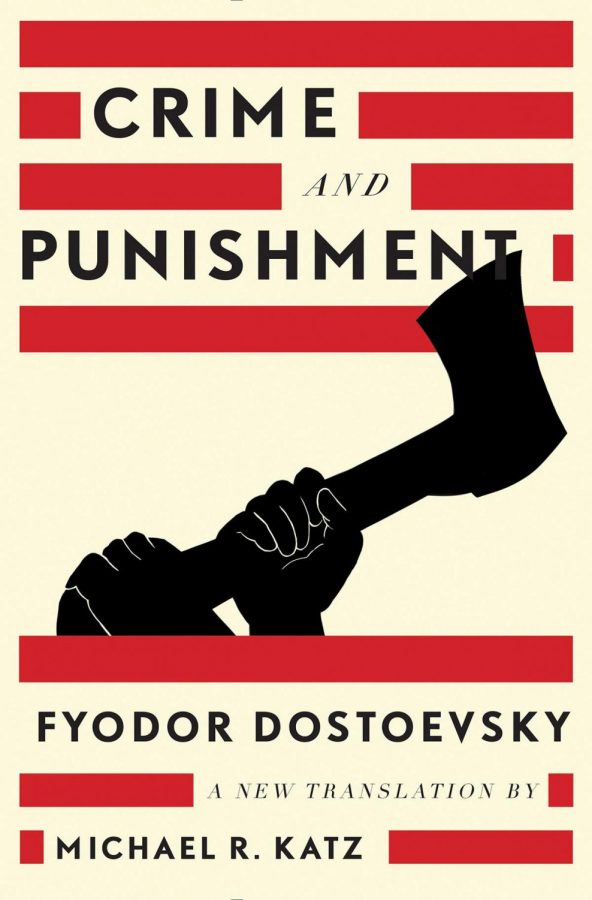AP Literature Summer Book Club: Crime and Punishment
May 17, 2022
As AP Exams come to an end, it’s time to start thinking about next year’s courses and summer assignments! We here at the Breeze have several writers who have taken AP Literature and Composition that are here to explain a few works offered as summer work! Take a moment to read about the selections and decide if they sound like something you’d enjoy!
“Crime and Punishment” by Fyodor Dostoyevsky follows Raskolnikov, a poor student living in 19th century St. Petersburg, as he navigates love and guilt after committing a heinous crime. As someone of lower class, Raskolnikov was alienated from upper-class Russian society and left isolated from others. Raskolnikov’s isolation prompted him to create reasons for why society would ostracize him so he could convince himself that society alone was the problem that caused this alienation. This led Raskolnikov to theorize that “special men” like himself cannot feel guilt and decided to put it to the test by killing someone. However, his theory proves false as Raskolnikov is wracked by immense guilt as he tries to move on with his life.
A rather challenging read, “Crime and Punishment” is not for everyone. The text averages at around 500 pages or 280k words. The novel falls under the genre of psychological and philosophical fiction. This is due to its underlying themes of classism and morality that are explored through Raskolnikov’s shame. Before reading this book you may want to consider how comfortable you are with written gore, your attention span, your memory, and your knowledge of Russian history. While it is not required by any means, it is good to have background knowledge on Russian political and social systems to form interpretations on the themes of the piece. Being able to remember specific details is very important when reading this novel, as many character names are similar and great importance is put into small details you may miss if you are just skimming the text.
I highly recommend this piece for anyone interested in the psychological profile of criminals and their motivations for committing crimes. Dostoyevsky captures the sympathetic aspects of the mind of a killer while tearing down every expectation readers have for someone like Raskolnikov. Not only does Dostoyevsky humanize a killer, but he also makes him so relatable to the point where readers may find themselves agreeing with him at times. If one is so hurt by society, it is human nature to condemn that society while secretly wishing for their approval. Overall, this book is a great selection for the AP Literature summer reading and I recommend it to anyone considering it.


